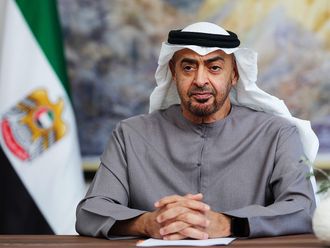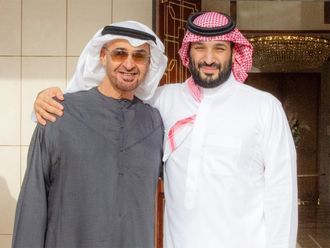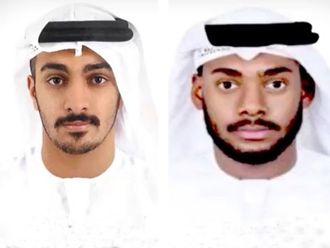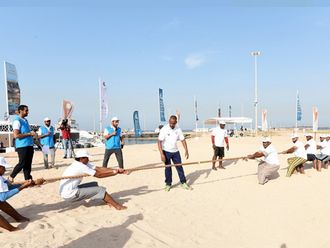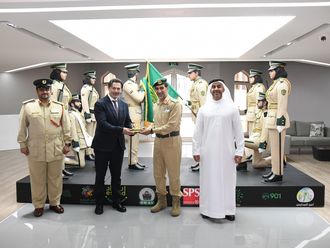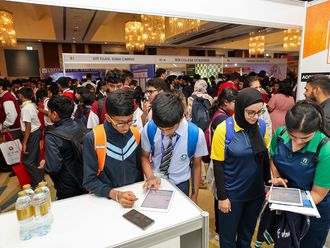Abu Dhabi: The decision by the president to increase the number of voters in the next Federal National Council's (FNC) elections was met with praise by members of the House who appear comfortable with the government's adoption of a gradual approach towards political participation.
However, others said they would have liked the numbers to increase and perhaps include all Emiratis.
"Gradual and well-studied development is the key for the UAE's successful experience economically, socially and politically," Ahmad Shabib Al Daheri, former deputy speaker of the FNC, told Gulf News.
Dr Sultan Al Moaden, a former representative from Fujairah, said the elections and ensuing constitutional changes can serve as the initial step in a gradual process of broadening political participation.
Half of the 40-member Federal National Council (FNC) will be elected by an electoral college, which is to be at least 300 times the number of its representatives in the Council, according to a decree issued by President His Highness Shaikh Khalifa Bin Zayed Al Nahyan on Tuesday. The 20 remaining legislators will be appointed by rulers of the emirates.
Broader participation
Increasing the strength of the electoral body embodies Shaikh Khalifa's desire to broaden political participation, Dr Anwar Mohammad Gargash, Minister of State for FNC Affairs, said on Tuesday. "It is a new step towards boosting political participation in the UAE and the role of the FNC as a key constitutional institution," he said.
Some academics and former members of the House, however, said increasing the strength of voters in the upcoming Federal National Council (FNC) elections may not meet the expectations of the Emiratis and stature of the UAE. They argue that it was high time for wide-ranging political reforms to boost political participation, empower the legislative branch of government and enhance accountability. "More Emirati voters in limited elections is simply meagre reform," said Dr Abdul Khaleq Abdullah, professor of political science at the UAE University.
Dr Abdullah stressed the UAE was ready for political participation but the next elections present only a small step in terms of political development as only about 12,000 Emiratis will be able to cast their vote.
Dr Abdul Rahim Al Shaheen, a former representative from Ras Al Khaimah and professor of political science at the UAE University, said the UAE's democratic experience should have been reconsidered. "For the good of the UAE and its citizens, an elections law should have been issued and more powers should have been given to the legislature."


